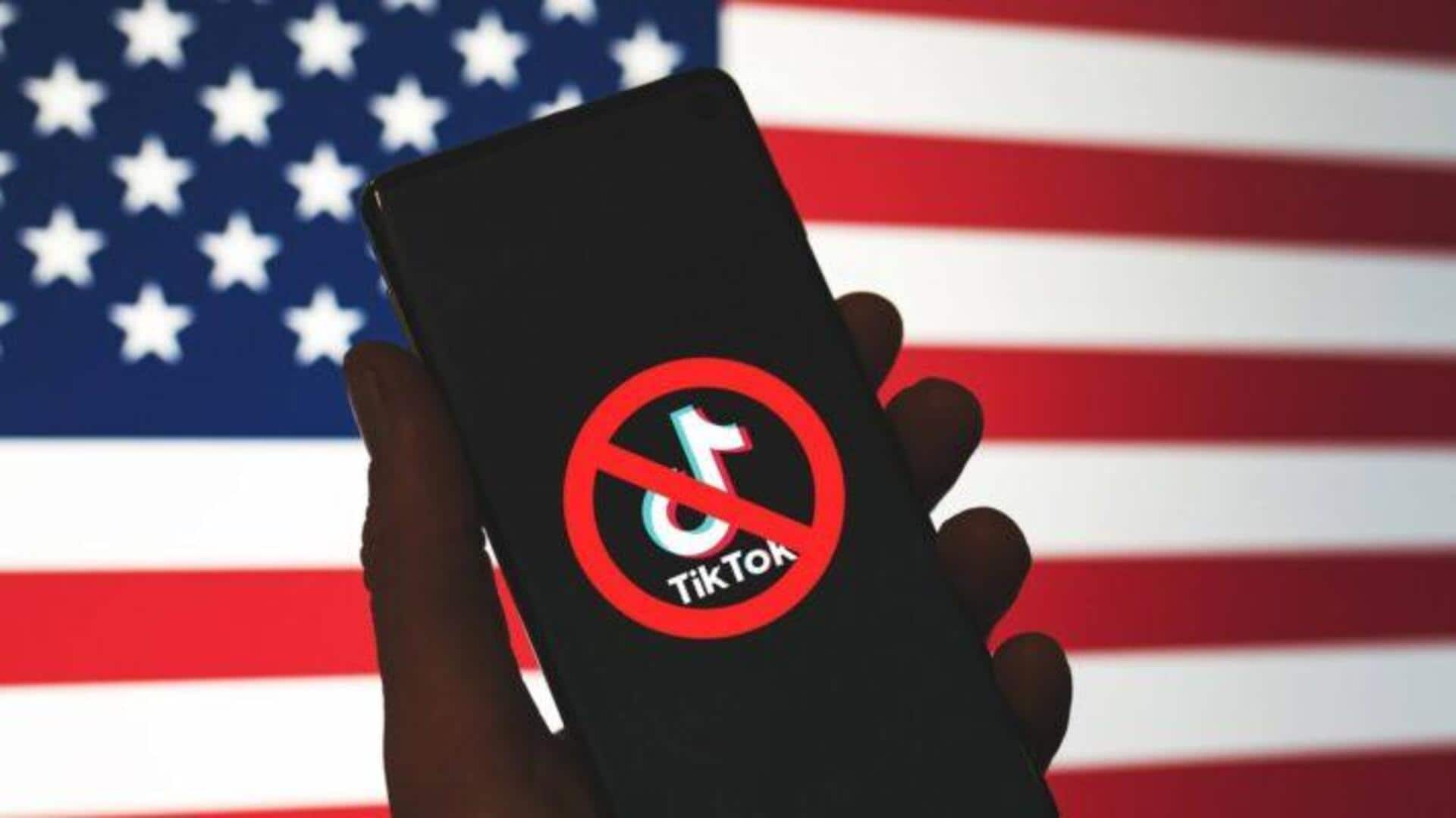
US moves forward with revised bill to ban TikTok
What's the story
The US House of Representatives has advanced a revised bill, that could potentially lead to the ban or mandatory sale of popular social media platform, TikTok. This move is an extension of a Trump-era initiative aimed at addressing national security concerns, related to the app's Chinese ownership. The updated legislation extends the deadline for ByteDance, TikTok's parent company, to sell the app from six months to nine months.
Bill endorsement
Revised bill receives bipartisan support
The revised bill received a majority vote of 360-58, demonstrating strong bipartisan support. Senate Commerce chair Maria Cantwell (D-Washington) informed reporters that she'd suggested the extension, stating it "assures that divestiture will more likely happen." The legislation was included in a larger package providing foreign aid to Israel, Ukraine, and Taiwan. President Joe Biden has also endorsed the bill and indicated his intention to sign it if passed by the Senate.
Legal challenge
TikTok expected to challenge the order
If enacted into law, TikTok is anticipated to challenge the bill in court. The Biden administration has been briefing lawmakers on what it perceives as threats to national security, posed by TikTok. These include potential data harvesting on American users by the Chinese government and possible use of the platform for spreading propaganda. House Foreign Affairs Committee chair Michael McCaul (R-Texas) echoed these concerns, describing TikTok as a tool used to "surveil and exploit America's personal information."
Opposition stance
Civil liberties groups oppose the bill
In response to the bill, TikTok issued a statement arguing that the House is using crucial foreign and humanitarian aid, as a cover to push through a ban. It claimed that would infringe on the free speech rights of millions of Americans, harm seven million businesses, and shut down a platform. Civil liberties groups like the American Civil Liberties Union, and Electronic Frontier Foundation, have also opposed attempts to ban the app.